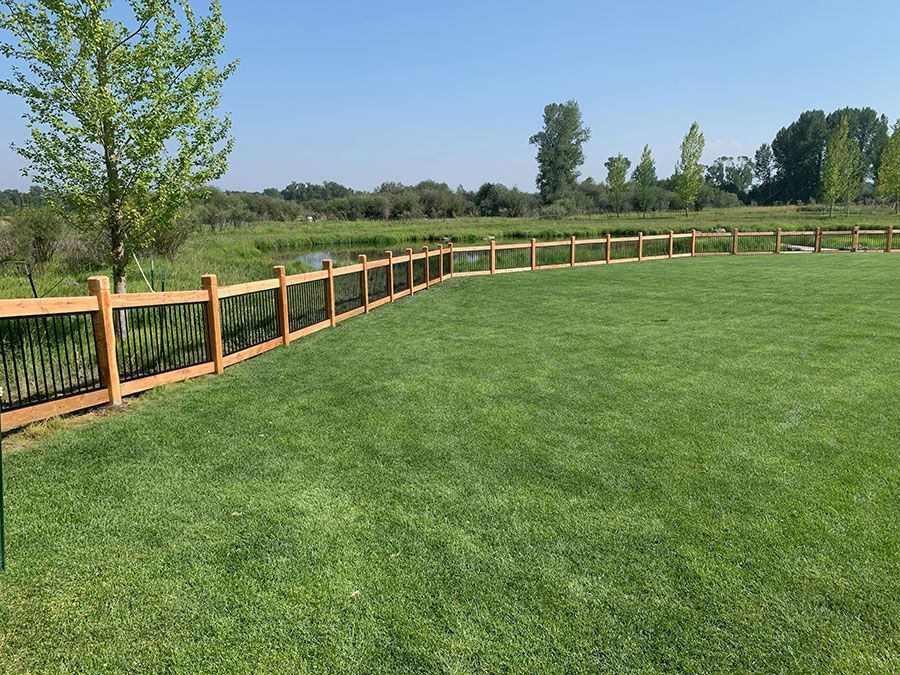Fence upkeep doesn’t always require expert help. With the proper tools and a little know-how, you can manage many standard issues yourself and save on repair costs. Here’s a simple guide to DIY fence care.
The Must-Have Tools for Fence Care
Before you start fixing your fence, be sure to have the proper tools ready. Here’s a list of essential items for handling most DIY fence repairs:
- Hammer – For repairing loose nails or fixing broken boards
- Screwdriver – Perfect for adjusting screws in both wood and metal fences
- Post Level – Ensures your fence posts stay perfectly vertical
- Paint or Stain – Helps protect wood from the elements and extend its lifespan
- Wire Cutters – Useful for trimming wire fences or cutting away tangled vines
How to Tackle Common Fence Problems
Repairing a Loose Board
If you notice a loose or damaged board, fixing it is relatively simple:
- Take out any loose nails or screws with a hammer or screwdriver.
- Align the board with the rest of the fence and secure it with new nails or screws.
- For added stability, add a corner bracket or reinforcement if necessary.
The Right Way to Stain and Seal Your Wooden Fence
To protect your wooden fence and maintain its appearance, staining or sealing is essential:
- Clean the fence thoroughly, removing dirt, debris, and any mildew.
- Select an appropriate stain or sealant that is intended for exterior applications.
- Use a brush or sprayer to apply the stain, starting from the top and working your way down.
- Allow it to dry completely before putting the fence back to use.
How to Know When to Call in a Pro
Not every fence issue can be fixed with a DIY approach. While minor repairs like tightening screws or replacing boards are manageable, more complex problems may require a professional's expertise:
- Extensive structural damage, such as leaning posts or a sagging fence.
- Electric or high-security fences that require specialized knowledge.
- Severe weather damage that could threaten the structural integrity of your fence.
If you're unsure whether your repair is beyond your skill level, it's always better to call a pro. It can save you time, money, and potential frustration in the long run.
